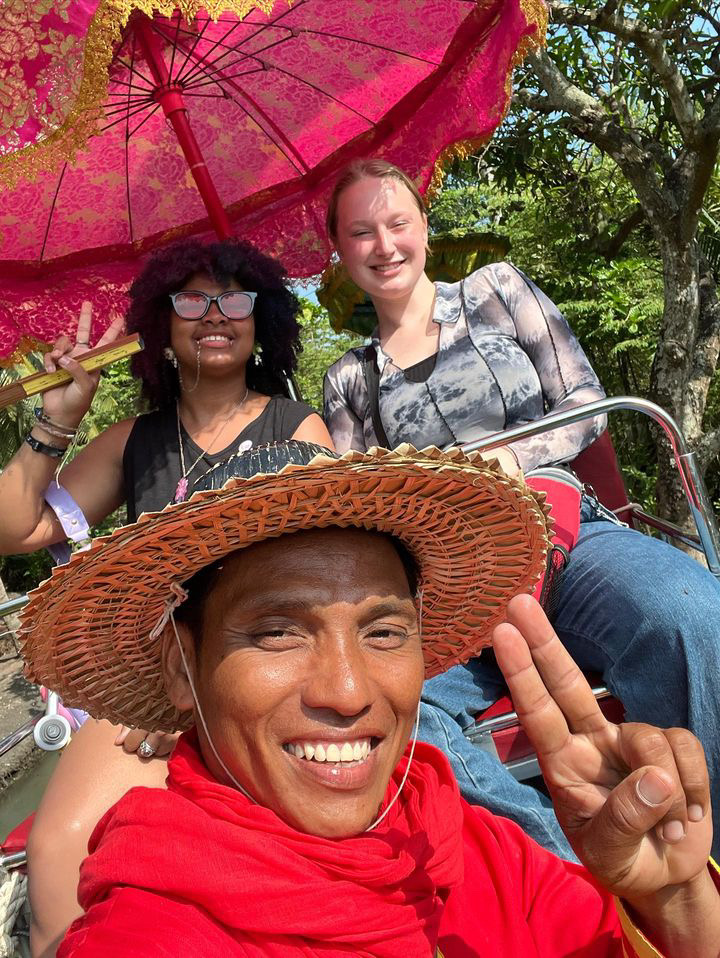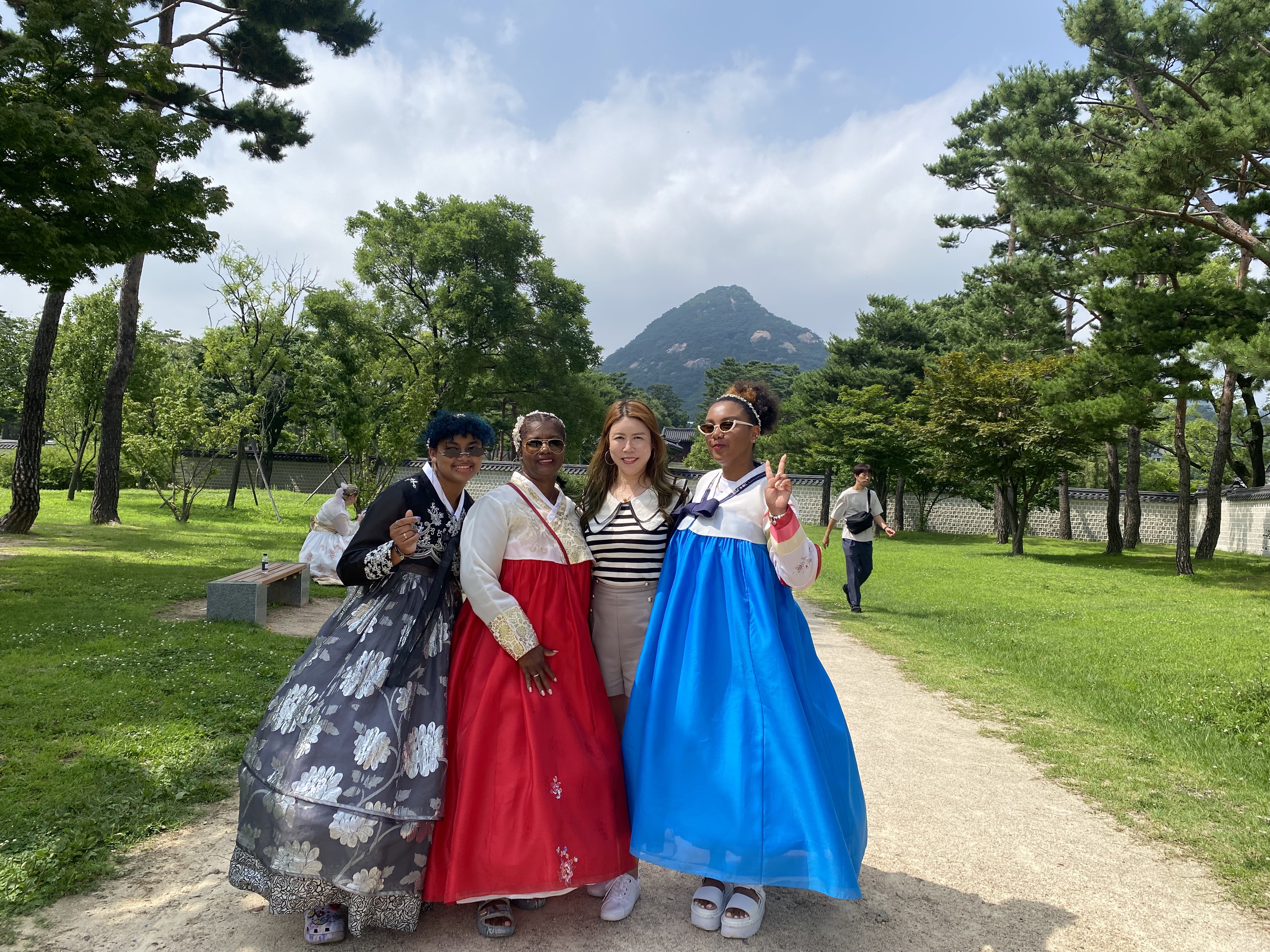
Easing the Fear of Studying Abroad
When people think about studying abroad, one of their first thoughts is how comfortable would they be in an unfamiliar place where they might not speak the language, don’t know anyone else there, and are away from their family. I personally did not have all these fears when I chose to study abroad, but that does not mean I was not scared.
Being away from everything I know and love and into something completely new and different is not a comforting feeling, but it was the best. Slowly getting used to the culture through food and mannerisms, learning the transportation systems and even how classes are run, was thrilling. When was the last time you really knew nothing about the place you went to? Learning something from the start really excited me. Sometimes traveling through the U.S is like learning the quadratic formula, I know how to add, subtract, multiply, and divide now I add something else in the mix and it’s brand new.
Besides a new environment, people also fear that they won’t be able to make friends or communicate with others properly, due to the language gap. English is the most prominent language worldwide, and therefore is taught as a subject in most schools worldwide. Many people know basic English, whether it be for their job or for social purposes. If they do not know enough English, or one does not know enough Korean, they don’t mind using a translator app for your conversation together. I was taking a Korean language class, and was able to have basic conversations in Korean, but having my phone was always helpful. When I went to Japan and Thailand, I knew almost none of the language. When you involve yourself with certain cultures, you normally end up learning a few words from the main language spoken in that country, but that doesn’t mean it is enough to hold a conversation. My time abroad, I haven’t met a person that was rude because I didn’t fully understand the language, and everyone was quite patient.
Cultural differences are also a fear when going abroad. No one wants to offend someone by accident. Many people in my friend group were worried about the clothes that are acceptable as well as racism that might be present wherever we went. There are some differences in clothing culture between Korea and America that are more easily to notice, if fitting in and looking less like a tourist is your goal. For example, Korea sells all their skirts with shorts already underneath. This is because things like miniskirts are very popular there. Many of their tank tops come with small sweaters to cover them, because cleavage and similar things are less accepted. This does not mean that you cannot wear something, but just be prepared to stand out. Personally, as a Black female, I stood out wearing baggy jeans and a hoodie. The stares or even just looks don’t necessarily feel disapproving or judging, but more so inquisitive. I will never forget how I undid the twists in my hair on the train knowing that the older lady next to me was watching. I could see that she was just interested in something that she normally does not see every day, not that my presence was bothering her.
I was only ever complimented by non-Americans during my time abroad, and I never felt like I couldn’t just be myself. So yes, sometimes you’d rather just fit in, but you aren’t from there and sticking out comes with that, people see that you are trying to adjust to their language and customs and appreciate it either way.

